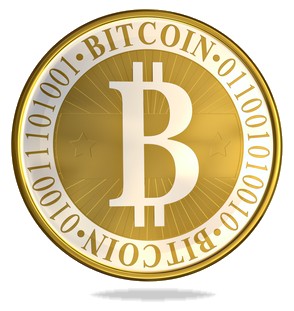Yes, you are indeed reading the headline correctly. Just imagine, you started your C corporation business and just sold it for $5 million and you don’t owe any federal taxes at all on the sale! Thanks to good old (enacted originally in 1993) Internal Revenue Code §1202, along with some more recent tax law tweaks, the zero tax-bite is available for those businesses that are “qualified small business corporations” (QSBC).
Of course, as with most things tax, there are a number of rules and details to follow and meet. You may even already have a tax code-defined QSBC. But, whether you are thinking of starting a business or if you already have a business and want to see if qualifying as a QSBC makes sense, paying zero taxes on the sale of your business stock is certainly a big incentive.
Then, additionally add to the benefit pile that the Tax Cuts and Jobs Act (TCJA) with its new 21% corporate tax rate, and it makes the small business corporation benefits potentially even more attractive.
The difference between a QSBC and a garden-variety C corporation is that if your corporation can qualify as a QSBC the stock sale is potentially eligible for:
a 100 percent federal income tax gain exclusion (think, tax-free capital gains), and
a federal-income-tax-free gain rollover break (again, think tax-free)
When QSBC status is available for a start-up business, it can potentially dictate against the conventional wisdom that operating as a pass-through entity (LLC, S corporation, etc.) is usually the right way to go. But, the only way to know is to perform the proper planning for business formation, finance structure, and taxes. This means getting together with your CPA in the planning phase of your business is critical.
What if you already have an existing business? Exploring restructuring far enough ahead of any potential sale of your business or time-frame when you think you may put your business on the market may allow you to take advantage of the QSBC benefits.
100% Gain Exclusion (Tax-Free Capital Gains)
To qualify for tax-free capital gains, you must:
acquire your QSBC stock after September 27, 2010
hold your QSBC stock for more than five years
And your tax-free capital gains from the sale of a particular QSBC. In any year can’t exceed the greater of
10 times your aggregate adjusted basis in your QSBC stock you sell, or
$10 million reduced by the amount of eligible gains that you've already taken into account in prior tax years from sales of this QSBC stock ($5 million if you use married filing separate status)
The Devil is in the Details
Of course our lawmakers did not feel like including every business in this tax benefit. Qualified businesses do not include:
the performance of services in the fields of health, law, engineering, architecture accounting, actuarial science, performing arts, consulting, athletics, financial services, brokerage services, or any other business where the principal asset is the reputation or skill of one or more of its employees;
banking, insurance, leasing, financing, investing, or similar activities;
farming (including raising or harvesting timber);
production or extraction of oil, natural gas, or other natural resources for which percentage depletion deductions are allowed; or
the operation of a hotel, motel, restaurant, or similar business
Also, the corporation’s gross assets cannot exceed $50 million before the stock is issued and immediately after the stock is issued (which considers amounts received for the stock).
Selling Before 5 Years?
For you serial entrepreneurs that get that offer you just can’t refuse before the five year qualification period has run there is a tax-free gain rollover deal for QSBC shares held more than six months.
Once you have more than six months under your belt, you can sell your QSBC shares and roll over your eligible capital gains to a new QSBC even when you fail the five-year requirement. The rollover provision allows you to sell QSBC shares on a tax-deferred basis without losing eligibility for the gain exclusion break when you eventually sell the replacement stock.
Too Much At Stake Not to Plan
I’ve touched only on some of the rules and issues for this valuable tax planning opportunity. But I wanted to give you a good handle on how this idea might work to your benefit. If you would like to spend some time with me or my team going over the possibilities for you, please call us at 831-758-5966 or email us at info@schollcpa.com. Your success is our bottom line.






